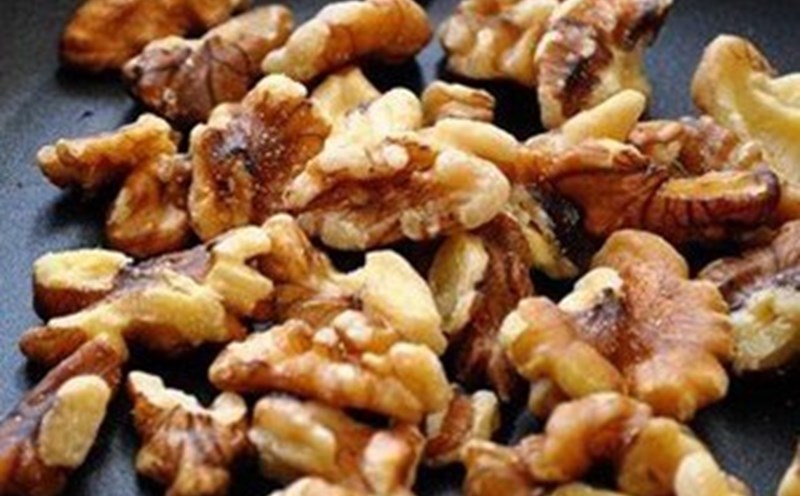Pan-fried salmon with steamed broccoli
Protein content: ~2225g/100g salmon.
Salmon is one of the fatty fish richest in protein and omega-3. 100g of salmon provides about 22-25g of complete protein, 34 times more than an egg.
Salmon is also rich in vitamin D, B12, and omega-3 EPA/DHA fatty acids, which help reduce inflammation, enhance brain function, and improve sleep.
Research published in Frontiers in Nutrition shows that adding fatty fish to dinner 3 times a week helps improve sleep quality, reduce cortisol and increase levels of natural serotonin, the hormone that regulates sleep and mood.
Combining salmon with steamed broccoli rich in fiber and magnesium will help slow down protein absorption, support digestion and prevent post-meal hyperglycemia.
Cooked lentils + quinoa + baked vegetables
Protein content: ~2428g/meal 1 cup lentils + 1 cup quinoa.
Lentils are an extremely rich source of plant protein, with about 18g of protein per cooked cup, along with high fiber and iron content.
Combined with quinoa, a super grain that has 9 essential amino acids and ~8g of protein/Cooking cup, this dish is suitable for vegetarians, people exercising or people controlling their weight.
Quinoa and lentils are ideal sources of vegetables because they are rich in lysine, the amino acid often lacking in cereals, supporting the synthesis of collagen, enzymes and hormones.
This meal has a low glycemic index, many antioxidants such as polyphenols and anthocyanins, good for the heart and stabilizes energy at night.
Greek yogurt + almond butter + oatmeal
Protein content: ~2024g/meal.
Greek yogurt (no sugar) stands out with its protein content twice as high as regular yogurt (~1720g/ cup 170g), along with a large amount of probiotics that help improve digestion, support immunity.
When combined with 1 tablespoon of almond butter (4g protein) and overnight oats, this dish provides enough energy, protein and fiber, is light on the stomach, and easy to sleep.
Supplementing casein protein in the evening can maintain muscle protein synthesis throughout the night, preventing muscle loss in the elderly and bodybuilders.
In particular, tryptophan, the amino acid found in yogurt, helps stimulate the production of melatonin and serotonin, which naturally supports deep sleep.
Notes when eating a high-protein dinner:
Do not eat too close to bedtime: You should eat dinner at least 2 hours before going to bed to avoid indigestion and reflux.
Combine protein with vegetables: Helps digestion better, limits hyperglycemia and supports nutrient absorption.
Avoid fried or too salty dishes: Although rich in protein, dishes high in oil will burden the liver and affect sleep.











